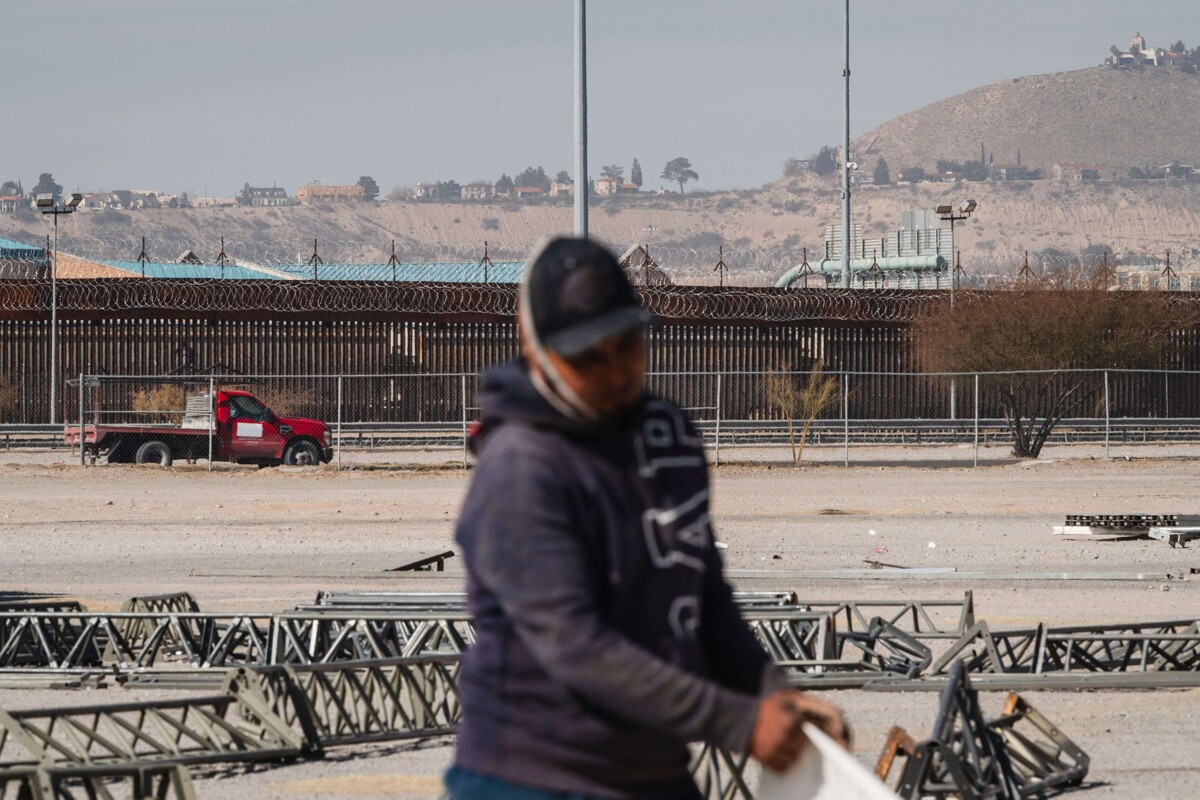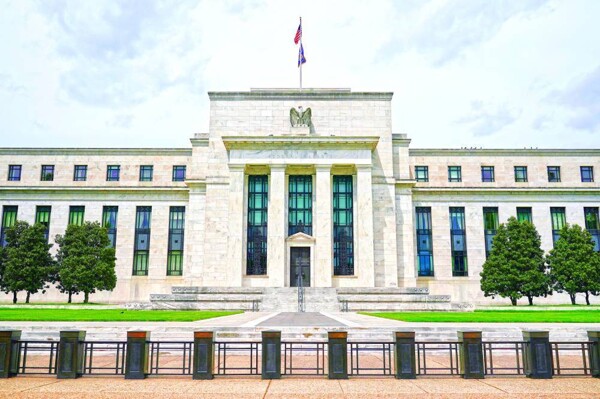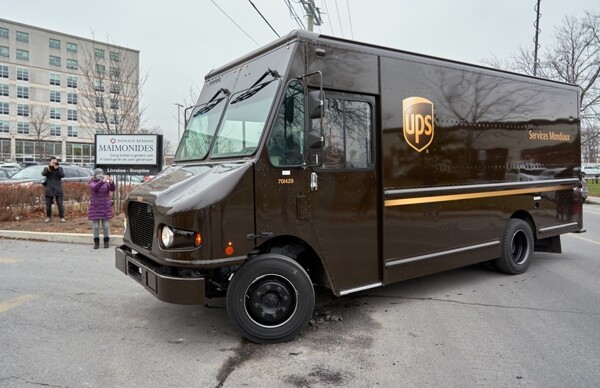
Investors remain alert to President Donald Trump's deportation plans and the possible impact on various industries in the United States. Sectors such as hotels, fast food restaurants, food production, and construction could be affected, as they rely heavily on low-skilled labor. Although Trump has declared a national emergency at the southern border and is sending deportees to Central America, mass deportations and raids at workplaces have been postponed.
Analysts note that Trump's comprehensive proposals could generate shockwaves in the U.S. economy. The deportation of all undocumented immigrants could reduce the country's gross domestic product by 8 percent, according to an analysis by Bloomberg Economics. However, many investors do not believe Trump will fully implement his plans, which provides some relief on Wall Street.
While it is estimated that deporting between one and two million people per year is feasible, the rapid deportation of the 11 million undocumented individuals in the country is seen as a greater challenge. The risk of Trump moving forward with his plan is high, but some investors foresee minimal impact on profitability unless significant changes occur in certain visas.
The most vulnerable sectors to Trump's immigration plans include construction, where more than 45 percent of workers in states like Texas, California, and Florida are immigrants, and technology, as work visas for highly skilled foreigners are planned to be restricted. Fast food, construction, and technology companies could face difficulties if deportations increase.
Despite the potential risks, investors are confident that Trump will not fully implement his anti-immigration policies. They are keeping an eye on the earnings statements of various companies, such as Jack in the Box, McDonald's, Domino's Pizza, among others, to assess the level of concern among executives and adjust their investment strategies accordingly.














